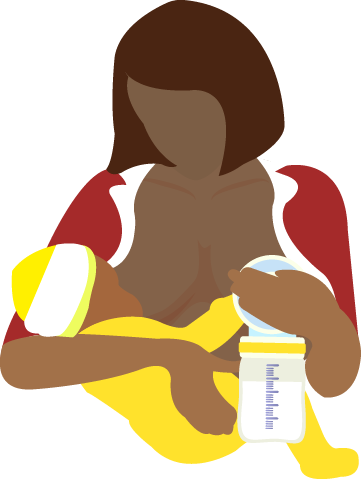During times of emergency and stress there is increased exposure to stressful situations that disrupt the daily routine and that may manifest, in certain cases, in disruption of essential services, in the need to evacuate the home or to remain confined to the home, or in preparations for a lengthy stay in shelters.
Emergency situations may be caused by national security concerns, natural disasters or the outbreak of epidemics.
Maintaining the breastfeeding process in times of exposure to stress, panic and anxiety-inducing events is one of the most basic ways to continue maintaining the mother and child’s mental and physical health.
In such situations, breasfeeding provides the mother with a sense that the situation is under control and the child with nutritional security. During stressful and anxiety-filled situations, mother’s milk may be the cleanest and safest food for babies. It is nutritionally suitable for the baby, always available, independent of external factors, protects the baby from diseases, mainly diarrhea and respiratory tract infections, increases and reinforces the baby’s immune response, always in the right temperature, and assists in relieving the mother’s stress and anxiety through the soothing hormones excreted during breastfeeding.
- The lactation process is not compromised due to the stressful situation. In rare occasions there may be a temporary impact on the mother’s ability to release the milk.
- During all stressful situations, it is a matter of utmost importance to continue breasfeeding and to allow breastmilk to flow. However, in case that the mother is temporarily unable to breasfeed, it is important to maintain the mother’s subsequent lactation process and breastfeeding capacity. It is important to release the milk from the breast either by pump or manually, an in accordance with the child’s regular number of feedings, if possible. Sudden breastfeeding stoppage may cause such complications as congestion, breast inflammation and so on.
- During stressful situations, skin-to-skin contact helps the child to feel safe and may help ease his or her emotional distress, regardless of breastfeeding. Breastfeeding hormones also increase the mother’s sense of safety and well-being.
- Even mothers who do not eat regularly or who eat smaller amounts due to the stress and anxiety are still able to breastfeed normally and efficiently.
- Breastmilk’s quality is not affected by the mother’s sense of anxiety, alarm or stress.
- During times of stress and anxiety and during epidemic outbreaks, the immune system may experience a certain decline of physical resistance. Therefore, it is important to continue breastfeeding in order to allow the child maximum protection from pathogens, especially in surroundings with poorer sanitary conditions such as shelters and crowded closed quarters.
- There is a general consensus in the medical community that in situations of epidemic outbreaks the benefits of breastfeeding outweigh the risks and that breastfeeding is the normative, safest and most recommended nutrition despite concerns and initial uncertainty.
- During times of emergency and stress, certain physical symptoms may accompany feelings of extreme fear (such as dry mouth, rapid pulse, bodily tremors, cold feet and hands). These symtpoms are relieved shortly, even when the stressor persists. Similarly, the milk release reflex may also temporarily halt the release of milk during stress, but only for a short period of time (a matter of minutres). It is important to remember that the process of lactation and milk conduction will continue as long as the child’s mouth is attached to the breast, since lactation system is an adaptive system, aimed at providing the child’s needs even during stressful situations. Continued breastfeeding, skin-to-skin contact and closeness to the child will minimize delays to the release of milk.
Source: State of Israel Ministry of Health
Link: https://www.health.gov.il/English/Topics/Pregnancy/Childbirth/feeding/Pages/Breastfeeding_in_emergencies.aspx




